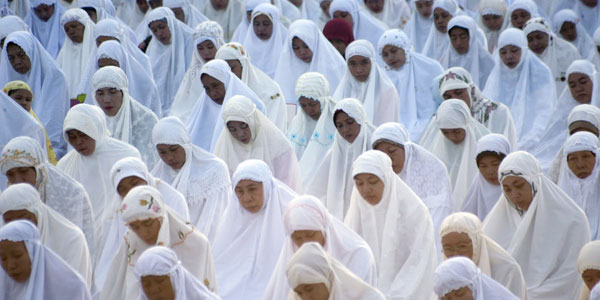
If we were to chart the level of public knowledge and awareness about Terrorism, Osama Bin Laden, Al Qaeda and Al Shabab, the days following September 11 would show a massive spike that has continued. It is hard to imagine where else a single event has such wide repercussions. Perhaps the only one that overshadows it currently would be the assassination of Archduke Ferdinand which lit the keg of World War I, the aftermath in which set the grounds for World War II and the Cold War. Obvious consequences that have arisen not only include heightened awareness of Islamic Fundamentalism, but also a what some might call knee-jerk reaction to try and protect the “democratic” way of life in Western Societies.
In Australia, various incidents have cropped up against Muslims. The Cronulla Riots was a very vivid event where the worst of Australia came out, both from locals and non-locals. It was a riot of racial hatred from both sides as well as misplaced patriotic and religious fervour. However, this heightened sense of awareness coupled with a perceived need to protect “our” way of life has also spread to attacks against other minority groups. There were a number of incidents against primarily Indian students in Australia that stemmed from the fact that they were “different.” In fact, it was only recently that a conviction was obtained for the murder of an indian student in 2010. So do Islamic Asians face difficulties on two levels, from race and religion?
The image of Muslims in Australia is that they don’t assimilate. There have been several sensationalist stories in the media of Middle Eastern people who have flat out rejected becoming “Aussie” and have instead advocated a Islamic Australia (including an Anglo-Saxon kid who turned to Islam). Suffice to say, that’s gone done well with the public indeed. I have a friend who is a devout Muslim, but doesn’t wear the hijab or the burka, doesn’t stick to the Muslim crowd exclusively, actively participates in community events and hasn’t married yet (at 21). Whilst some of the previous attributes might be stereotypical, it’s the fact that often we have nothing but stereotypical characteristics to work with and therefore shape our perceptions accordingly. Of course, that could be the exception, we’re smart intelligent people and we know the truth right? right?
For a Muslim, they see and hear stories of drug use, free sex, unlimited alcohol and to them, it’s like temptation from hell itself. But it’s not just Muslims that hold these beliefs. Brownie points if you can guess which other ethnic group often does as well ^^. So the thing is, Asian Muslims are often doing nothing but copying what our older generation of east Asian immigrants did. They stuck to themselves because of preconceived notions of Caucasian culture. While it can be argued that in this day and age how it is reasonable to do so, remember, some Muslim countries in the world see nothing but news of bombs, attacks and repeated oppression from the Western world.
Like us, they draw conclusions on what they’ve seen and it becomes part of the cultural norm. Perception and lack of knowledge only breeds mistrust and contempt, something that is universal in all humans. The crux then is, is a minority group right in refusing to assimilate based on what they perceive as immoral and bad influences due to their religion/culture? Where is the line between religious freedom and cultural identity drawn? And with the time it’s taken to assimilate Asians into mainstream society, does religion form an extra barrier to society integration?







